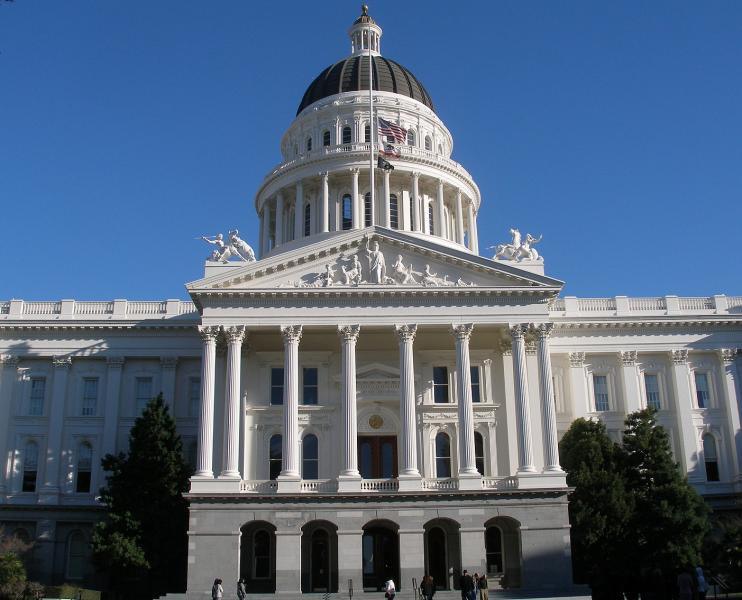
ATR strongly supports the landmark ballot initiative currently in the process of qualifying for the ballot in California’s November election. The initiative, supported by taxpayer advocacy organizations, good government groups, and concerned businesses, would strengthen Proposition 13 and other constitutional taxpayer protections by raising the barrier to increasing state fees and hiking local taxes. If successful, the constitutional amendment is poised to change California’s political landscape.
The initiative takes several crucial steps toward protecting California taxpayers from Sacramento’s big spenders. The initiative would close the fee increase loophole (not subject to a 2/3 vote) by defining any charge or levy made on Californians as a tax. It would require a 2/3 vote by local governing bodies, city councils, for example, to raise or impose a tax, and additionally require that tax to receive 2/3 support of the citizens in that locality at the ballot box. Finally, the initiative would require that all tax increases include legally binding specifications on exactly what the tax revenue will be spent on.
The initiative is currently in the signature gathering phase. 585,407 signatures are needed by July 25th to qualify for the ballot, 25% of which had been gathered by February 26th. It is expected to qualify for the ballot in November.
Since 1978, California taxpayers have passed a series of ballot initiative propositions designed to stop tax increases and reign in spending by Sacramento politicians.
The most substantial was Proposition 13, requiring a 2/3 supermajority in each chamber of the state legislature to increase or impose a tax. The measure served as a successful barrier to billions in tax hikes.
However, the state legislature has repeatedly found loopholes around the law, falsely designating tax hikes as fee increases to avoid the 2/3 supermajority threshold and using similarly obscure arguments to find ways around the proposition.
This initiative would eliminate the loopholes favored by big spenders in Sacramento while ensuring fiscal discipline by legally binding lawmakers to spend tax revenue on the policies they promise the money will go toward. Needless to say, this initiative, if passed, would be a game changer in driving state policy and politics in California.
The initiative could not come at a better time for California taxpayers. 2017 was particularly costly, with state lawmakers hiking the gas tax by $52 billion, passing a new cap and trade plan expected to increase gas prices 73 cents a gallon by 2030, and unsuccessfully attempting to hike taxes on water and other vital goods.
Unfortunately, these hikes pale in comparison to future hikes under consideration. State Democrats are pushing to create a mandatory, government run socialized healthcare system that would cost $400 billion annually, twice the current state budget. State and local government pensions are significantly underfunded, with $333 billion in unfunded liabilities. Experts argue this is a conservative estimate and that actual liabilities could exceed $1 trillion.
Even if every single one of these spending priorities goes unfunded, current spending is on track to turn the budget surplus into a deficit by 2021. This is largely driven by the explosion of state spending, which has increased 68% since 2009 and imposes an average increase of $7,200 in taxes annually for the average family of four in California.
On top of these potential future tax hikes, California has the 2nd highest cost of living in the country and already is among the states with the highest tax burdens in the country. Over the past several decades, California has experienced a net out migration of about 650,000 people with aggregate income totaling about $60 billion.
As prices of basic consumer goods like gasoline, housing, food, and other products continue to rise and taxes are poised to skyrocket, this initiative offers a viable path forward for state residents to finally reign in tax increases and achieve real transparency in government spending. If passed, it has the potential to finally decrease the overwhelming tax burden and staunch the flow of tax refugees. ATR strongly urges California residents to sign petitions to place this measure on the ballot and support it in November.

